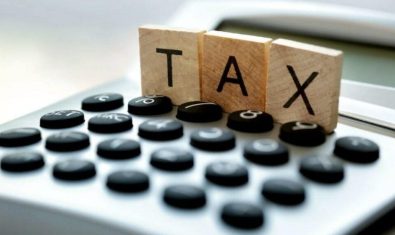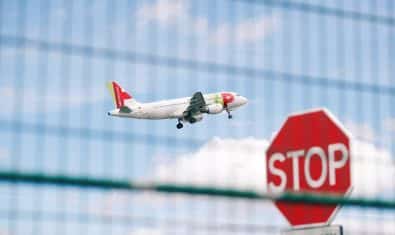The government’s recent proposal to introduce an 18% tax on mobile phone units has sparked significant concern among various stakeholders in Pakistan. While the aim is to increase revenue, there are growing worries about its potential impact on mobile phone affordability and the broader mobile phone industry in the country.
Industry experts warn that this move will make mobile phones more expensive, disproportionately affecting individuals with low incomes. For many Pakistanis, smartphones are not just a means of communication but a crucial tool for their livelihoods. For example, Bykea riders and other gig economy workers rely heavily on affordable smartphones to earn a living.
The proposed tax could make it difficult for new entrants to purchase a smartphone, potentially hindering their ability to work and earn income. Currently, Pakistan assembles around 95% of its mobile phones locally, thanks to zero tariffs on SKD and CKD units. This local assembly has been a significant factor in keeping mobile phone prices relatively low and accessible. However, the high duties on raw materials have already stunted the development of the local mobile components industry. Introducing an 18% tax on SKD and CKD units could exacerbate these issues, making it even more challenging for local manufacturers to thrive and innovate.
The timing of this proposed tax is also a cause for concern. Pakistan is in the midst of transitioning to higher technologies such as 3G and 4G. Despite these advancements, approximately 40% of mobile users in Pakistan still rely on 2G phones. In contrast, developed countries boast 70-80% of their populations using 3G, 4G, or 5G phones. The proposed tax could slow down this technological transition by making newer, more advanced phones less affordable for the average consumer.
Furthermore, the government already collects substantial revenue from taxes on SIM cards. This indicates that there are alternative ways to generate income without placing an additional financial burden on consumers. Experts suggest that the government should explore these avenues instead of increasing taxes on mobile phones, which are essential tools for communication and economic participation.
During a recent meeting with the Federal Board of Revenue (FBR), industry representatives urged the government to honor its commitments to investors and reconsider the proposed tariff hike. They warned that higher tariffs could disrupt localization plans and damage Pakistan’s mobile phone export targets, which are vital for the country’s economic growth.
Mr. Zeeshan Mianoor, a spokesman for the Pakistan Mobile Phone Manufacturing Association (PMPMA), expressed his concerns, stating that “95% of mobile phone manufacturing is made in Pakistan, and we are also working on an export policy & localisation on component level with the government. However, if this tax is implemented, it will affect the overall process and create a lot of trouble for the mobile manufacturers too.
In conclusion, while the government’s intent to increase revenue through the new tax is understandable, it is crucial to consider the broader implications. Stakeholders are urging the government to rethink the proposal and find a balanced approach that supports local manufacturing without making smartphones too costly for the public. The outcome of this debate will significantly impact the future of mobile phone affordability and technological advancement in Pakistan.



























